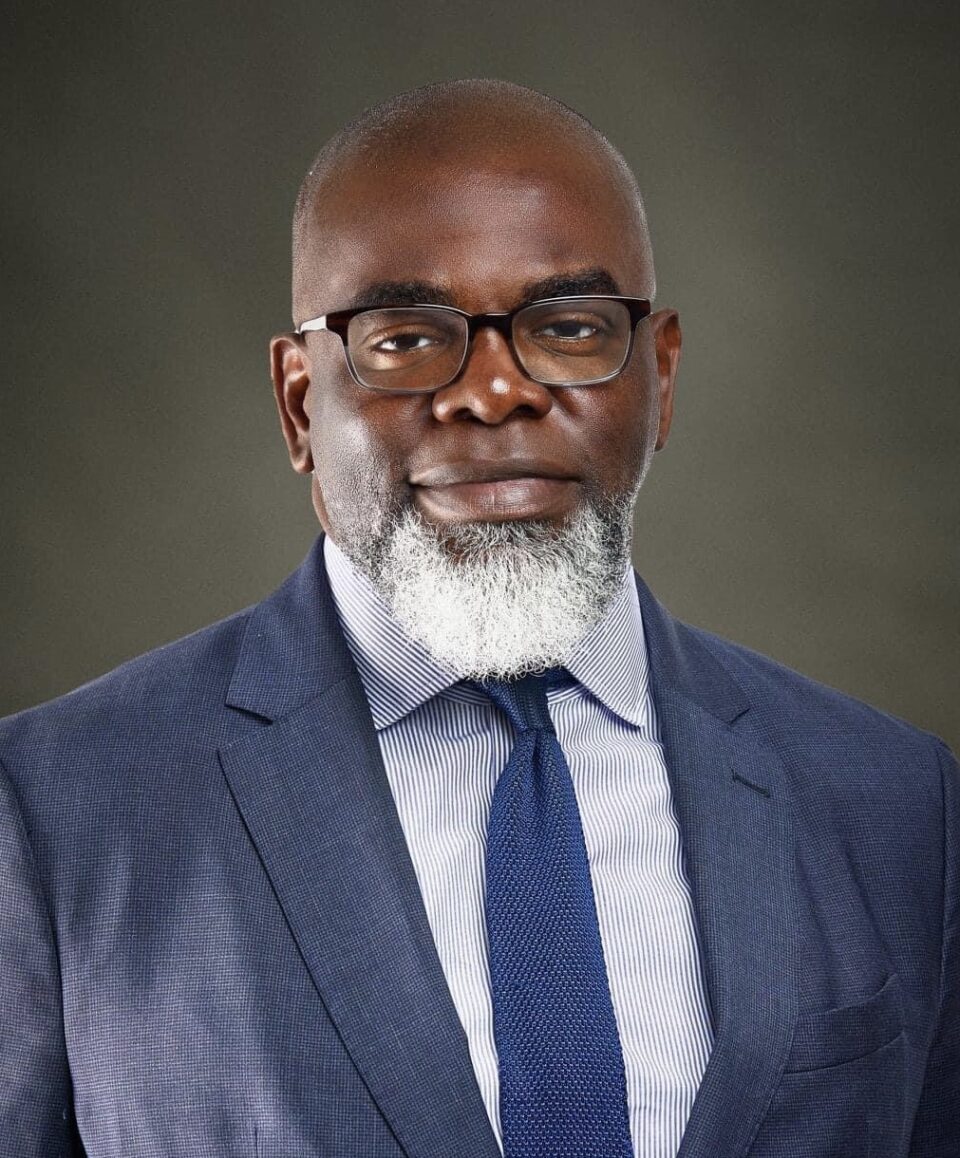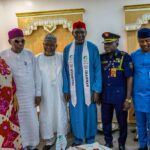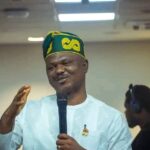By Patrick Okigbo III
How did military rule impact Nigeria? From 1966 to 1999 (except for an interregnum from 1979 to 1983), the Khaki folks ruled Nigeria and destroyed it. Its economy underperformed all its comparators: China, India, Indonesia, and South Korea. Except for Malawi, Nigeria underperformed all the African countries that never experienced the leprous military touch: Mauritius, Botswana, South Africa, Namibia, and Cape Verde. Similarly, their draconian approach diminished the civic space, wrecking significant infringements on human freedoms.
Nigeria has delivered marginally better outcomes since its return to democratic rule in 1999. For instance, the average GDP per capita growth rate from 1999 to 2023 is 2.17 percent, marginally higher than the -0.05 percent from the military era. Interestingly, the growth rate is 3.91 percent when one excludes the Buhari years (2015 to 2023). Furthermore, Nigerians have better “freedoms” than those under the military. However, it is a shame that after 25 years of democratic rule, the country is still ranked as “Partly Free” by Freedom House.
The socio-economic outcomes are marginal for several reasons, including military rule’s lingering impact. The military mindset or attitudes manifests in how democratic institutions and politicians comport themselves. These
politicians are quick to militarise situations, choosing fiat instead of dialogue as the preferred model for resolving complex challenges. The challenge of finding true democratic leaders continues to whittle away support for democracy across the continent. For instance, a 2024 Afrobarometer survey shows that while 66 percent of Africans still prefer democracy to any other system of government, opposition to military rule continues to weaken across the continent.
No place is this militarisation challenge in Nigeria more evident than in politicians’ language. These “democrats,” who should be sensitive when speaking to the electorate, bark orders and demand action “with immediate effect.” Like their military predecessors, they have a penchant for “shutting down” things that do not align with their interests. In his 1987 essay, Paul Chilton refers to this situation as the “militarisation of language.”3 This phenomenon is most common in post-military societies that have paid little attention to the societal level PTSD (Post-Traumatic Stress Disorder) that follows extended military rule.
Language and the human spirit are profoundly and often mystically connected. Words are much more than mere communication elements. They offer a medium through which individuals and cultures express their deepest beliefs, emotions, and connections to the world and each other. They reflect the inner state of mind or psyche of the speaker. Therefore, can a militarised language, which reflects a militarised psyche, deliver democracy? Not a chance.
Here is a recent example. The response of Nigeria’s Federal Competition and Consumer Protection Commission to the raging inflation is to threaten traders with prosecution and probably jail terms if they do not reduce goods’ prices in the market. The Director General of the Commission announced a one-month grace period after which the Commission will commence enforcement of the threat. Ignoring the evident lack of knowledge of basic economics, what is worse is the insensitivity of the language. This highhandedness in a democracy can only be explained as a holdover from Nigeria’s military days. Such language and attitude can only worsen the public perception of democracy.
Upholding democracy, especially in a country with military rule PTSD, requires changing the political structures and the “militarised language” that permeates society. This transformation is crucial for fostering a culture of democracy, dialogue, and responsiveness among politicians and citizens alike.
Changing the militarised language and fostering responsive politicians involves education, media reform, strong democratic institutions, political accountability, and active citizen participation. Through these efforts, a country can build a democratic culture that values peaceful dialogue, inclusiveness, and the rule of law. These efforts take time to deliver sustained results. For a start, Nigerians can become “Word Police.” Call out public figures who speak military instead of sing civilian. Do it nicely, as they may not even know their tune. Let’s start with that.



